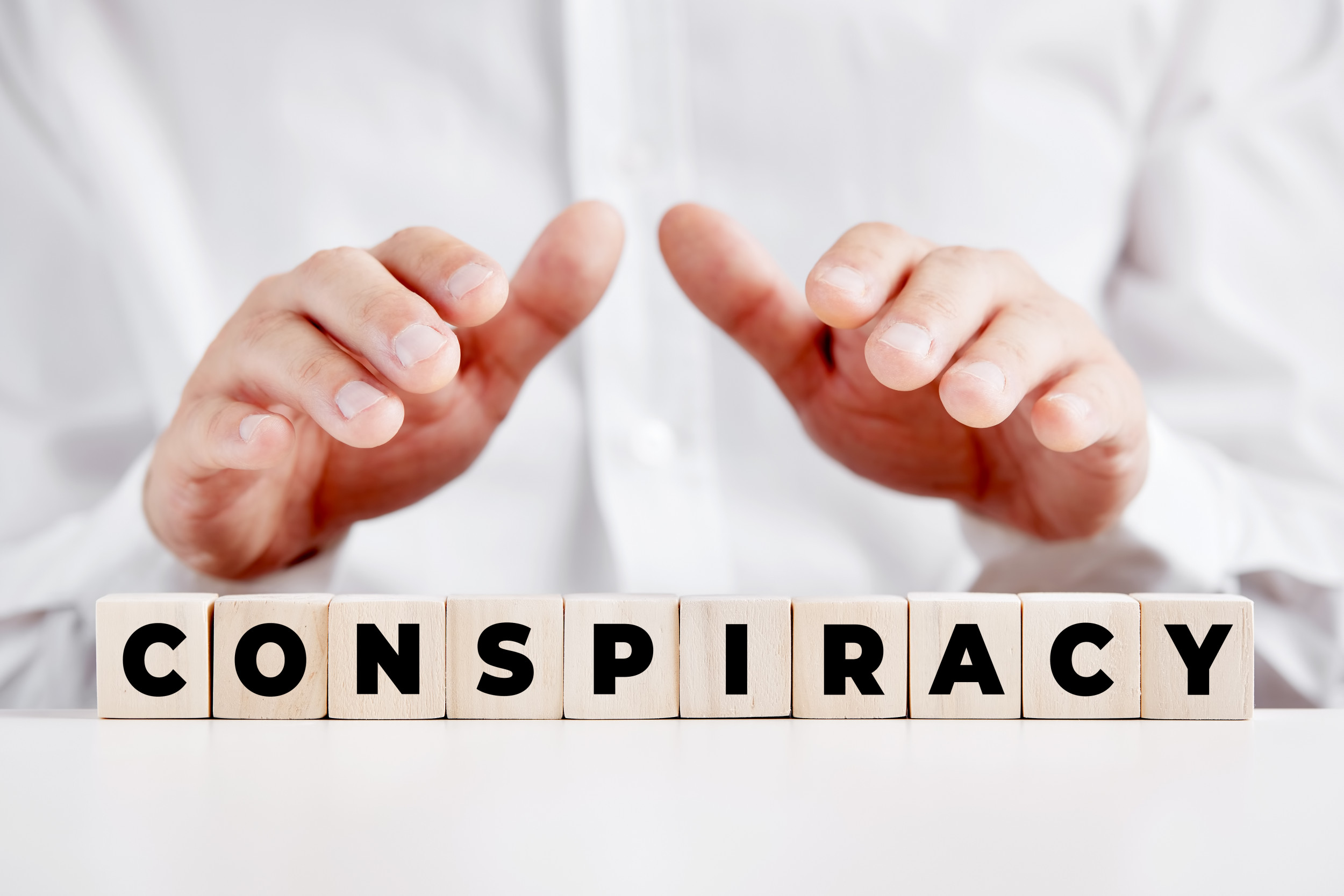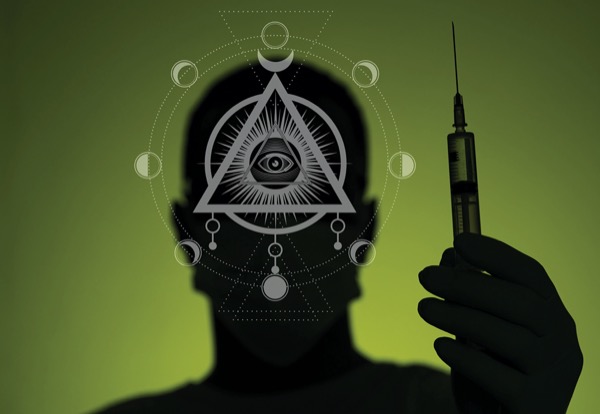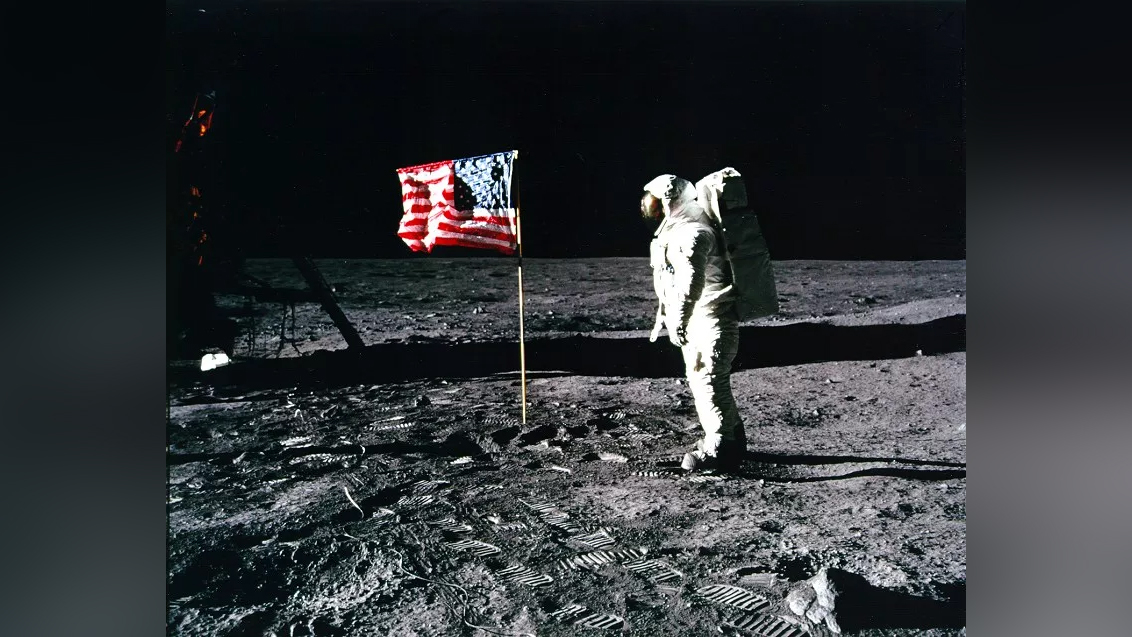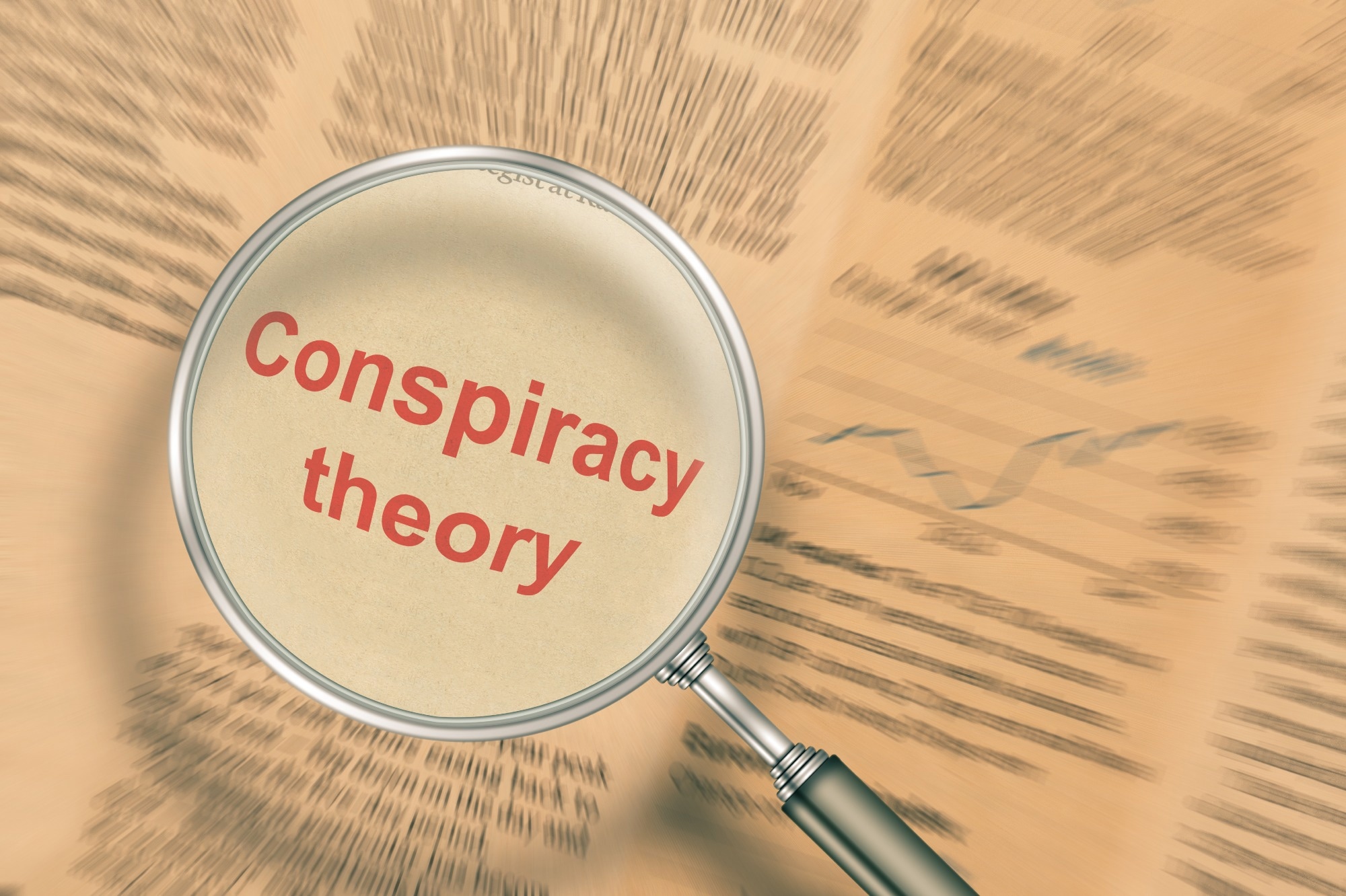Exploring Conspiracy Theories: Debunking Myths and Exploring Controversies
In a world of information, there exists a realm where fact and fiction blur, narratives take unexpected turns, and scepticism thrives. Welcome to the captivating universe of exploring conspiracy theories: debunking myths and exploring controversies.
What exactly is a conspiracy theory, you might ask? Well, it's more than just a whispered rumour or a wild idea. At its core, a conspiracy theory is a belief that suggests a group of individuals or organizations are secretly plotting to achieve some malevolent goal, often at the expense of the general public. These theories can range from the seemingly plausible to the utterly outlandish, covering topics as diverse as government cover-ups, secret societies, and extraterrestrial visitors.
But why do people become enamoured with conspiracy theories? What draws them into this labyrinth of speculation and suspicion? The answer, in part, lies in our innate human tendency to seek patterns and explanations for the seemingly inexplicable. When faced with events that defy our understanding or challenge our beliefs, we often turn to conspiracy theories to make sense of the chaos. Moreover, conspiracy theories can provide a sense of empowerment to those who feel marginalized or disenfranchised by society. By uncovering supposed hidden truths and exposing the machinations of the powerful, individuals may find solace in the notion that they possess special knowledge denied to the masses.
But delving into the world of conspiracy theories is not merely an exercise in entertainment or intellectual curiosity. It has real-world implications that can shape public discourse, influence political decisions, and even incite acts of violence. From the "birther" conspiracy surrounding former President Barack Obama to the anti-vaccination movement fueled by fears of government control, conspiracy theories can have far-reaching consequences.
That's where the crucial role of debunking myths and exploring controversies comes into play. While some conspiracy theories may contain a kernel of truth or raise valid questions, many others are based on falsehoods, misinformation, or misinterpretations of evidence. By critically examining these theories, separating fact from fiction, and presenting evidence-based explanations, we can help inoculate society against the spread of harmful misinformation.
Take, for example, the widely circulated conspiracy theory that claims the moon landing was a hoax orchestrated by the U.S. government. Despite overwhelming evidence to the contrary, including photographs, videos, and testimonies from astronauts, this theory persists among a segment of the population. By systematically debunking the myths surrounding the moon landing conspiracy, scientists and researchers have been able to counteract its influence and promote scientific literacy.
Similarly, the recent surge in conspiracy theories surrounding the COVID-19 pandemic has underscored the importance of combating misinformation in real time. From baseless claims about the origins of the virus to unfounded rumours about the safety and efficacy of vaccines, these theories pose a significant threat to public health efforts. Through education, fact-checking, and proactive communication, health authorities and researchers have worked tirelessly to address these misconceptions and promote evidence-based practices.
But debunking conspiracy theories is not without its challenges. In an era of widespread social media and digital communication, misinformation can spread rapidly and reach vast audiences with unprecedented speed. Moreover, attempts to debunk conspiracy theories may inadvertently reinforce existing beliefs or provoke a backlash from true believers, leading to further polarization and distrust.
So, what can we do to navigate this complex landscape effectively? First and foremost, we must approach the topic with empathy and understanding, recognizing that belief in conspiracy theories often stems from legitimate concerns or grievances. By engaging in constructive dialogue and providing accessible, credible information, we can foster critical thinking skills and empower individuals to evaluate information critically. Additionally, we must remain vigilant in our efforts to combat misinformation and promote scientific literacy at every opportunity. Whether through education initiatives, media literacy programs, or community outreach efforts, we can collectively work towards building a more resilient and informed society.
In conclusion, exploring conspiracy theories: debunking myths and exploring controversies is not merely an intellectual exercise—it's a vital endeavor with real-world implications. By challenging misinformation, promoting critical thinking, and fostering open dialogue, we can help inoculate society against the spread of harmful conspiracy theories and build a more resilient, evidence-based future. So, are you ready to dive deeper into the fascinating world of conspiracy theories? Strap in, because the journey is bound to be both enlightening and thought-provoking. As we unravel the enigma of conspiracy theories together, let's remain curious, sceptical, and open-minded in our pursuit of truth.










Comments
Post a Comment